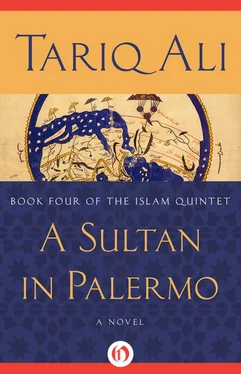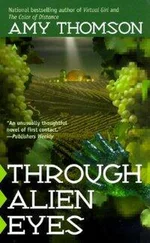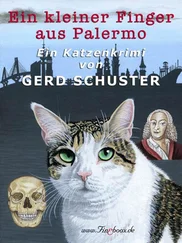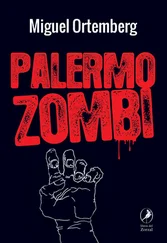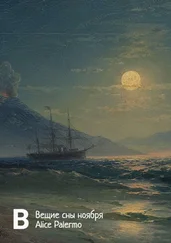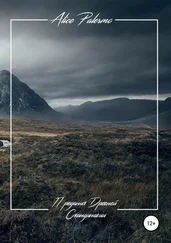‘Where should we go, Ibn Afdal? Is there anywhere left for us?’
Fifteen men rose from the ground and stood on their feet in different parts of the mehfil.
‘Yes. If you wish to go you will speak to one of these men. Look at them carefully. If you know them try and forget their names. Go and talk with them.’
Few wanted to leave and of these most wished to remain as close as possible to Siqilliya. One day, they thought, we will go back. We were born there. We built those cities. Why should we not return? They chose to go to Ifriqiya, to the cities of Mahdia and Bone which, Allah be praised, had been taken back by our people. If these towns could be won back, why not Palermo and Atrabanashi?
When Frederick died in 1250, panic spread in the city, but it was already late. The first massacre took place some months later. By that time Ibn Afdal was dead. And Lucera, too, was about to perish. Not long after Frederick’s death, most of its people were massacred. A few thousand, mainly women, were forcibly converted. The mosque was burnt. Like the bright star that crosses the sky and is watched by all, but quickly disappears, the flourishing city vanished, the few traces buried beneath the ground. Frederick’s castle was left untouched.
On the day that Frederick died, Ibn Afdal’s son Uthman and his cousins Umar and Muhammad decided it was foolish to wait any longer. They had long prepared for this day and they took advantage of the confusion. Their horses were ready for the journey. Umar and Muhammad left Lucera in the afternoon. They were headed for the coast from where they boarded a merchant ship to Ifriqiya.
Uthman did not go with them. As a child his imagination had been fired by the stories his father had told him about the Trusted One and how they had organised different forms of resistance on the island, but the story he had liked the best was far from this world. He loved hearing of how the Franks had been defeated by Salah al-din and driven out of al-Quds and how the Great Mosque had been cleaned and made ready to thank Allah for the victory they had won. For many months Uthman had agonised over his destination. The more he thought, the more he realised he did not wish to die before his eyes had seen the dome on the mosque of al-Aqsa and kissed the earth where his people had triumphed over the barbarians. He took his family to Palestine.
Ragusa-Palermo-Byron Bay-San Felice dei Circe-Lahore
August 2001-August 2004
Al-Andalus
Islamic Spain
Amir
Commander
Amir
al-kitab
Commander of the Book
Amir
al-bahr
Commander of the Sea and from which ‘Admiral’ is derived
Allahu Akbar
God is Great
Atrabanashi
Trapani
Balansiya
Valencia
Djirdjent
Agrigento
Gharnata
Granada
Habibi
my love; from which ‘hey, baby!’ is not derived
Hammam
public or private baths
Ifriqiya
North Africa
Ishbilia
Seville
Jiddu
granddad
Khutba
the Friday sermon at the mosque
Lanbadusha
Lampedusa
Malaka
Malaga
Marsa Ali
Marsala
mehfil
a meeting/assembly, often by invitation; from which ‘mafia’ is not derived
qadi/kadi
the Chief Law Officer of a Muslim city with extraordinary powers to preserve order
Qurlun
Corleone
Qurtuba
Cordoba
Shakka
Sciacca
Siqilliya
Sicily
Tariq Ali is a novelist, journalist, and filmmaker. His many books include The Clash of Fundamentalisms: Crusades, Jihads and Modernity; Bush in Babylon: The Recolonization of Iraq; Conversations with Edward Said; Street Fighting Years: An Autobiography of the Sixties ; and the novels of the Islam Quintet. He is the coauthor of On History: Tariq Ali and Oliver Stone in Conversation and an editor of the New Left Review , and he writes for the London Review of Books and the Guardian . Ali lives in London.
